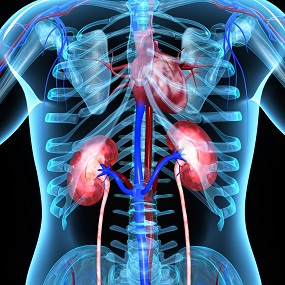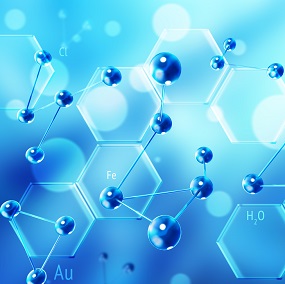International GCSE Biology
Oxford Open Learning’s International GCSE Biology course is designed to prepare students for the Edexcel international GCSE in Biology (4BI0) for examination in June 2015 or later years.
International Human Biology
Oxford Open Learning’s Human Biology IGCSE course is designed to prepare students for the Edexcel IGCSE in Human Biology (4HB0) for examination in June 2015 or later years. There is no coursework element to this specification.
International GCSE Chemistry
Oxford Open Learning’s international GCSE Chemistry course is designed to prepare students for the Edexcel international GCSE in Chemistry (4CH0) for examination in June 2015 or later years.
International GCSE Physics
The new Oxford Open Learning international GCSE Physics course has been developed to meet the requirements of of the Edexcel specification 4PH0.
International GCSE Science
The course was developed to meet the requirements of Edexcel specification 4SC0, as examined in June 2015 and later years.





